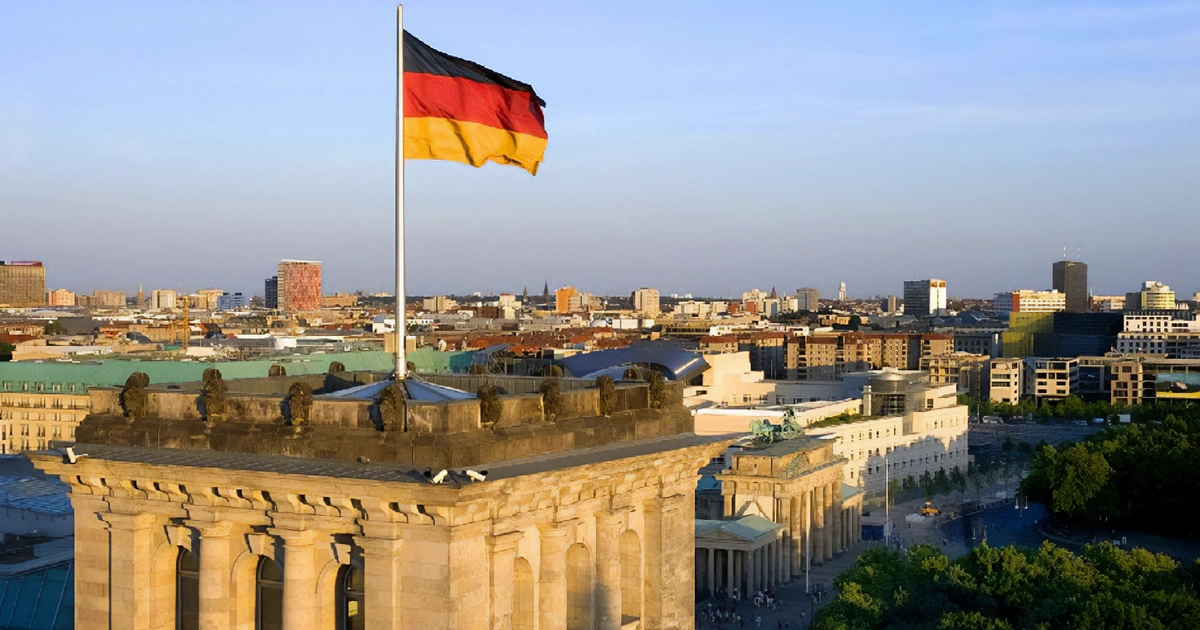DSWV calls for stricter measures
In Germany, almost half of online gamblers are still using illegal gambling sites, despite the regulations due to be introduced in 2021. This black market deprives the State of significant revenue and exposes users to increased risks. Faced with this situation, the GGL has stepped up its actions, notably by blocking payments and geo-blocking. However, the DSWV is calling for more ambitious measures, including the creation of a specialised public prosecutor’s office, tracking down suspicious financial flows and making digital platforms accountable. The challenge is now a European one, as harmonisation of legislation is deemed essential to effectively combat these unauthorised operators.
While Germany has been striving to regulate its online gambling market since the adoption of the new State Treaty in 2021, a disturbing reality persists: almost half of players continue to turn to unauthorised platforms. Despite the efforts of the authorities, the illegal market thrives in the shadows, escaping all regulation, depriving the State of considerable tax revenue and exposing players to increased risks.
A thriving black market despite regulation
Despite the entry into force of the State Treaty on Gambling in 2021, aimed at channelling players to licensed operators, almost half of German gamblers continue to use unlicensed platforms. A study by the University of Leipzig, commissioned by DOCV and DSWV, reveals that 48.8% of players still use unregulated sites, resulting in an annual loss of hundreds of millions of euros in tax revenue.
Faced with this situation, the Gemeinsame Glücksspielbehörde der Länder (GGL) stepped up its efforts in 2024. Notable actions include:
- Blocking payments: in collaboration with payment service providers, the GGL interrupted financial flows to illegal sites.
- Geo-blocking: access to unauthorised sites has been restricted for German users using geo-blocking techniques.
- Regulation of advertising: in partnership with Google, the GGL has restricted advertising to authorised operators only, significantly reducing the visibility of illegal offers.
Call for stronger action
The Deutscher Sportwettenverband (DSWV) welcomes the federal government’s efforts, but believes that further measures are needed. The association proposes:
- Creation of a specialised central public prosecutor’s office: to investigate and prosecute unlicensed operators, particularly those based abroad.
- Use of financial and tax tools: adopt a ‘follow the money’ approach to track suspicious financial flows, including those involving cryptocurrencies.
- Platform accountability: under the Digital Services Act, platforms could be required to proactively remove illegal content, reducing the reach of unauthorised gambling sites.
Towards European harmonisation
The fragmentation of gambling laws within the European Union complicates effective enforcement. The DSWV is calling on the German government to push for unified regulatory standards at EU level, enabling better coordination and more effective cross-border action against illegal providers.


